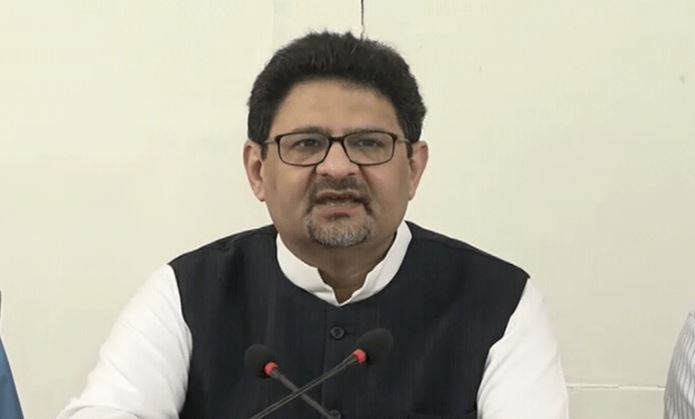Former Finance Minister Miftah Ismail engaged in a dynamic dialogue at the Habib Public Alumni Association here on Saturday, offered fresh perspectives on Pakistan’s economic landscape. Ismail emphasized that without rectifying monetary and fiscal conditions, Pakistan will struggle to attract investment.
Over the last two decades, investments in Pakistan have predominantly revolved around ventures that yield returns within the country. Miftah Ismail highlighted the necessity for Pakistan to move beyond raw material exports, stressing the importance of value-added production for economic growth. Pakistan’s lack of a comprehensive economic policy was underscored as a major hindrance to progress.
Ismail challenged the notion that eliminating corruption alone would pave the path to prosperity, asserting the need for broader systemic reforms. He argued that sustainable businesses cannot solely rely on informal borrowing and advocated for increased access to formal banking credit. Ismail expressed concern over Pakistan’s literacy rates, citing statistics that reveal significant educational gaps among the population.
He offered critical insights into the political landscape, questioning the democratic fervor of current leadership and highlighting challenges within the political establishment. Despite acknowledging existing hurdles, Ismail remained optimistic about Pakistan’s potential for growth, urging for proactive measures to address economic and governance challenges.
Former Finance minister Miftah Ismail stressed the importance of pragmatic policies, emphasized the need for public-private partnerships and structural reforms to stimulate economic development










